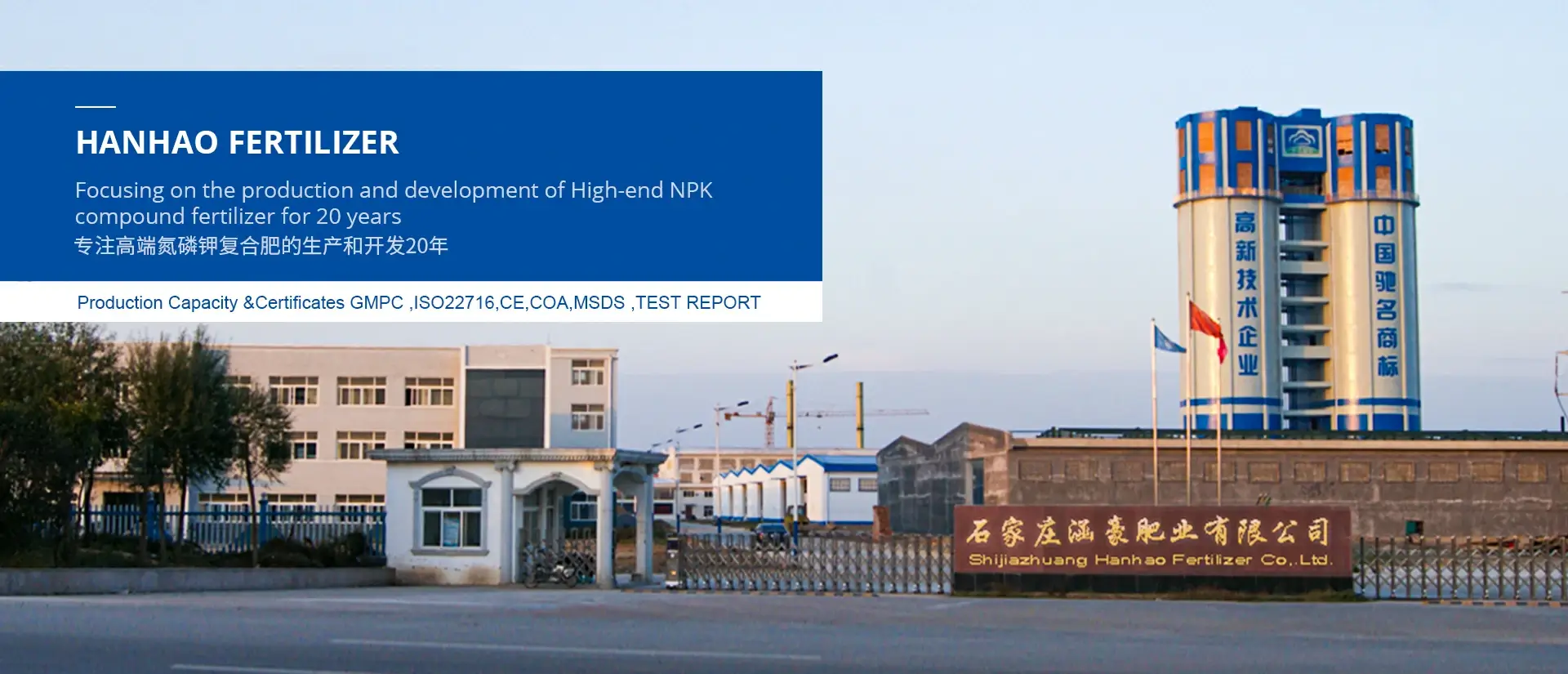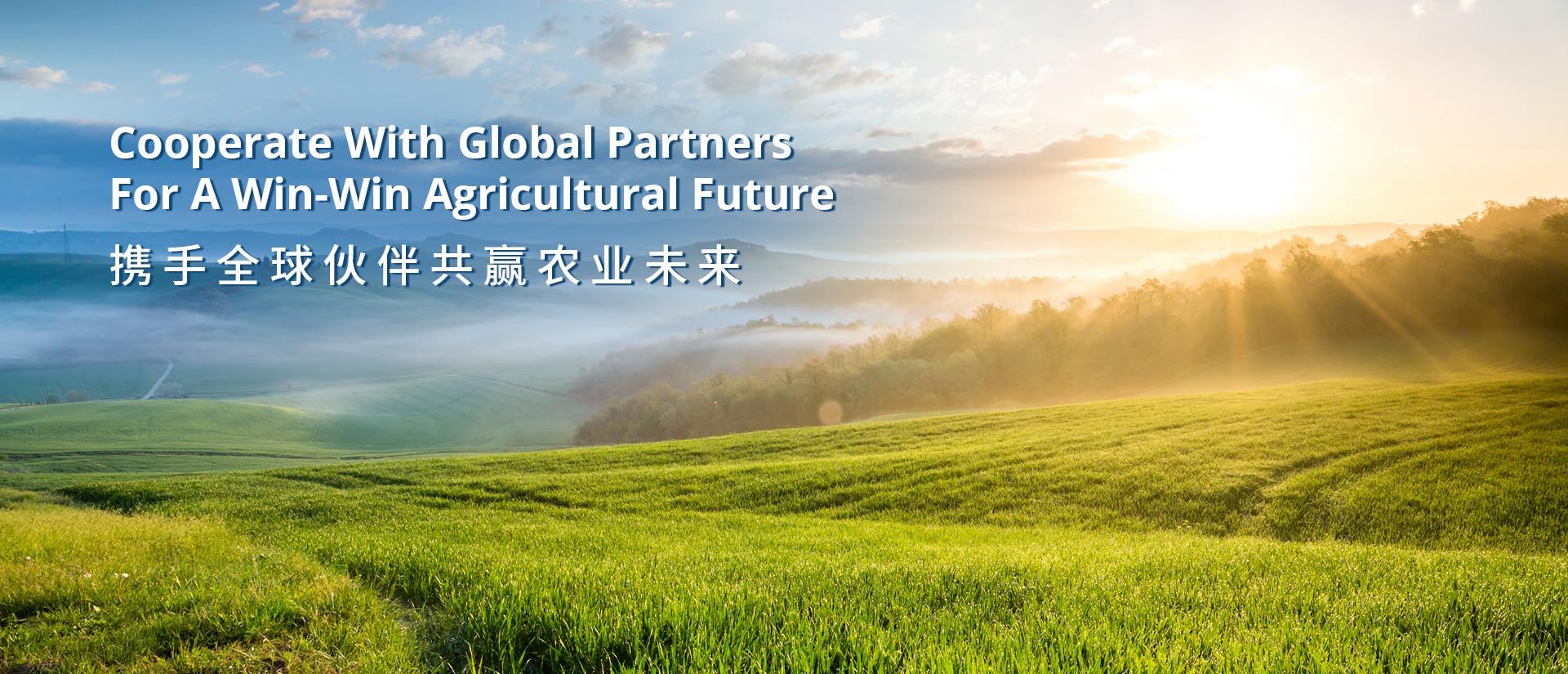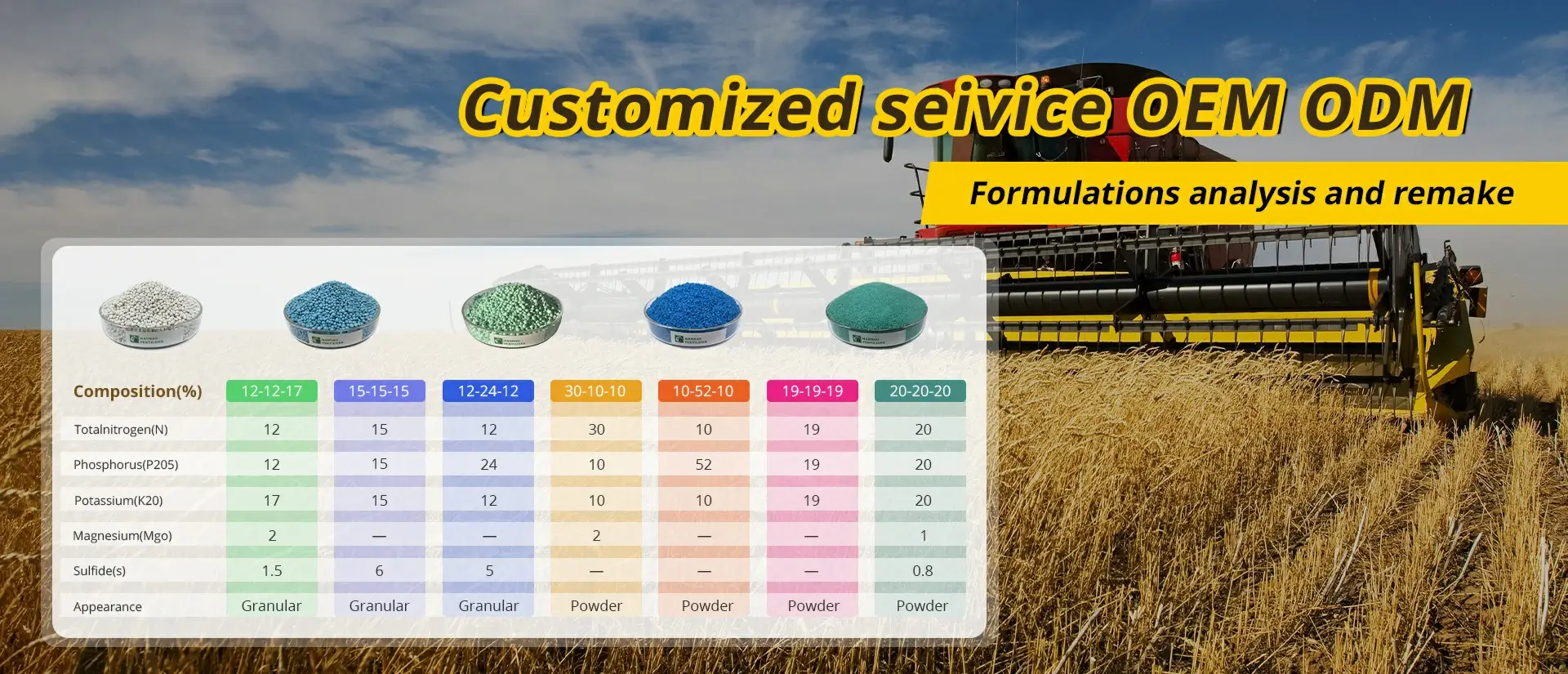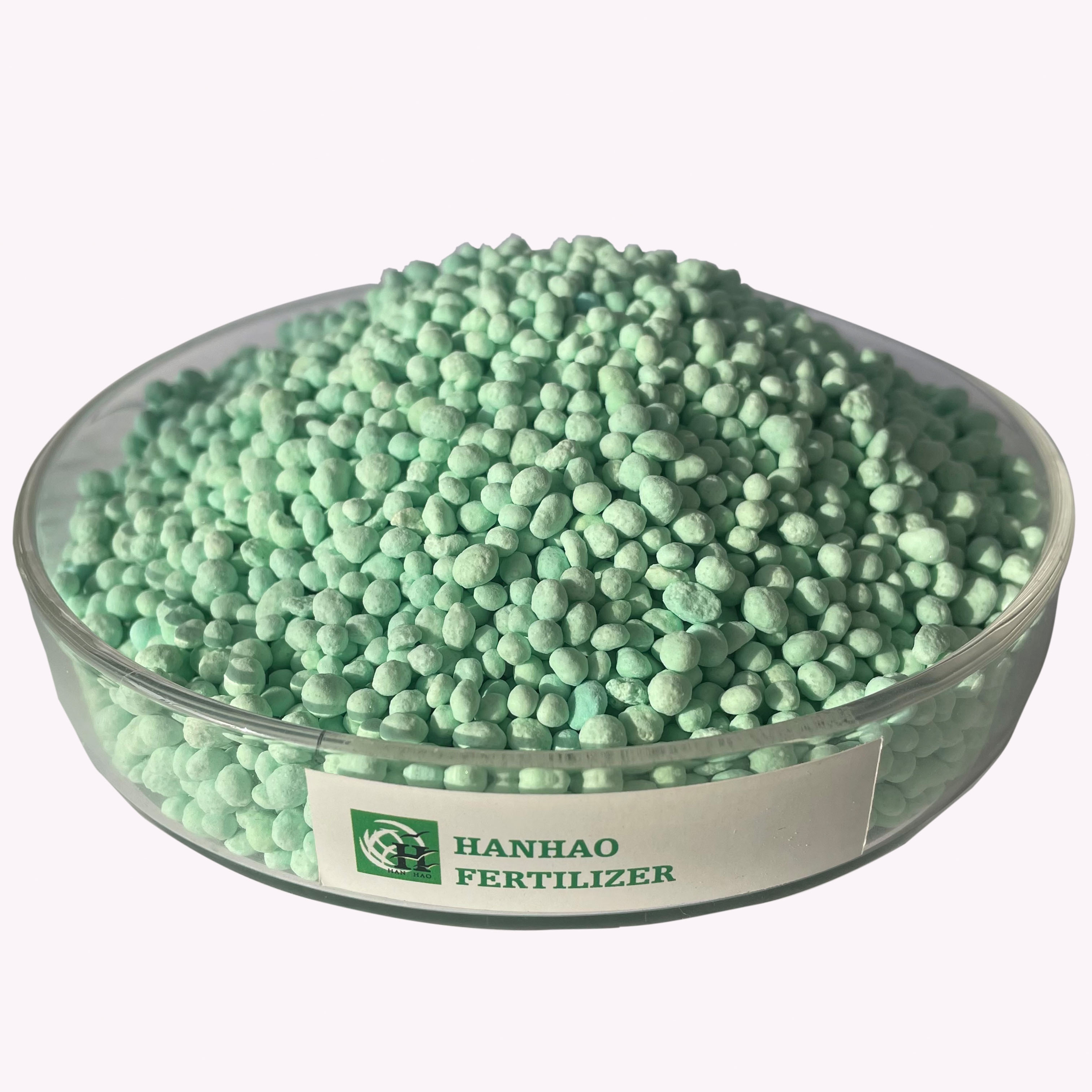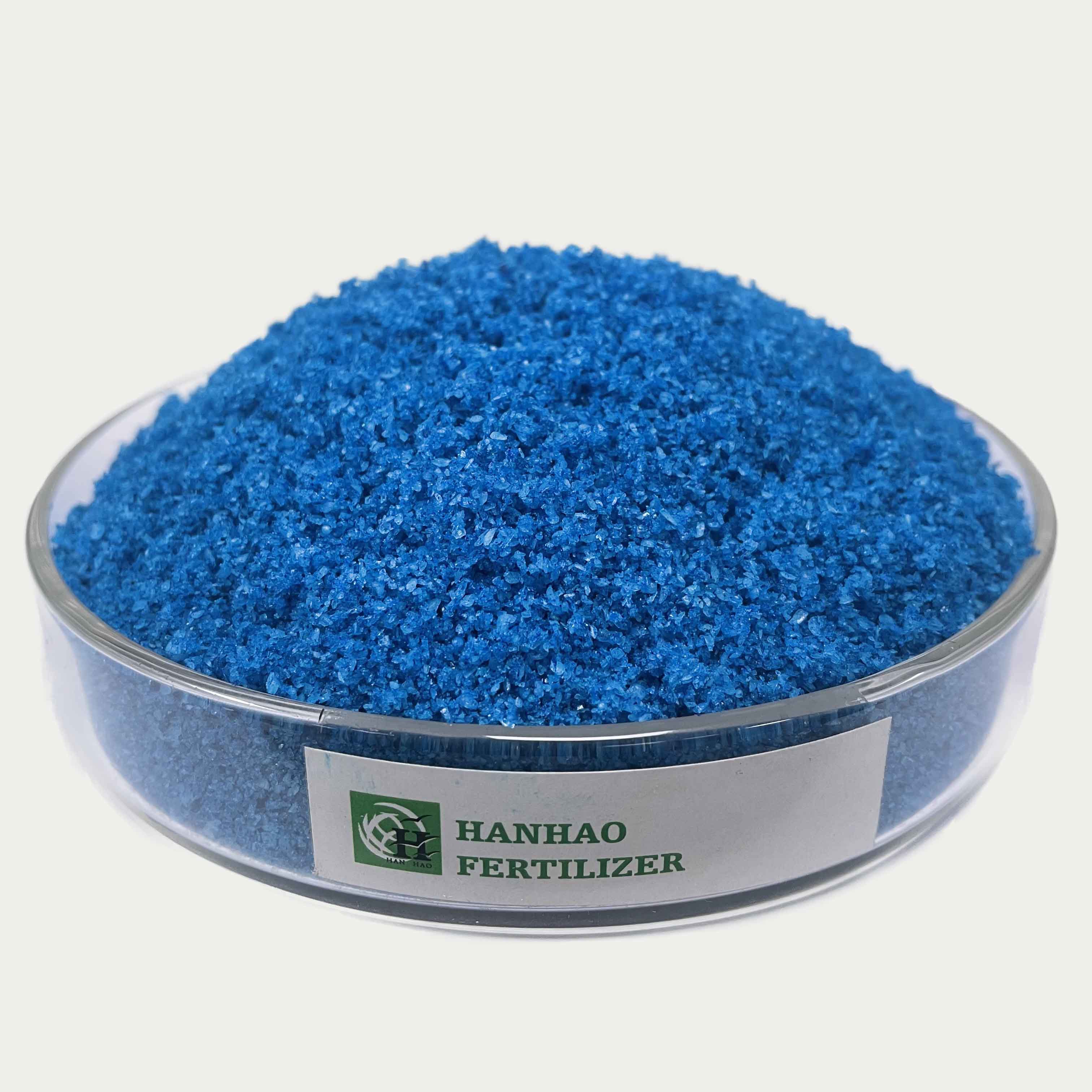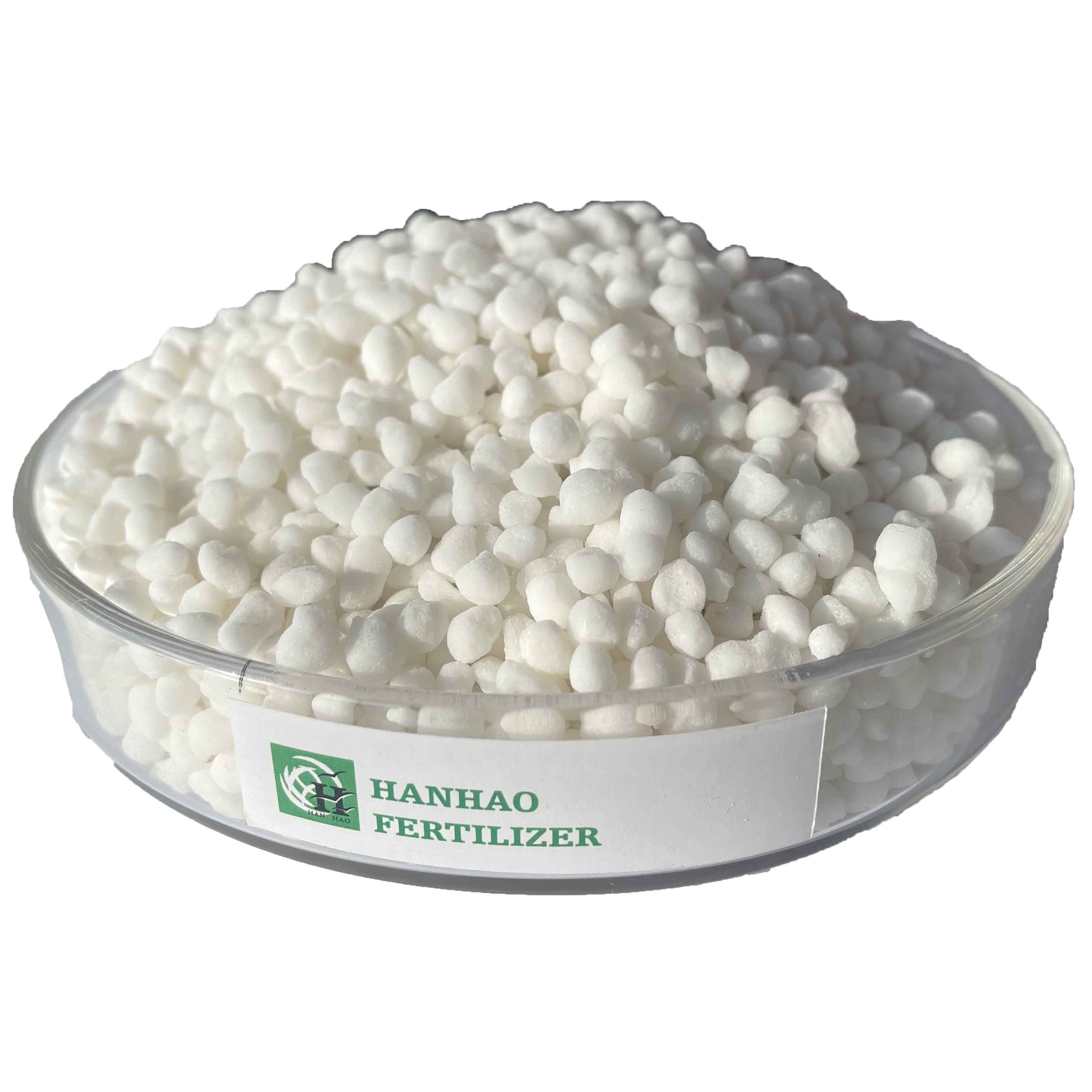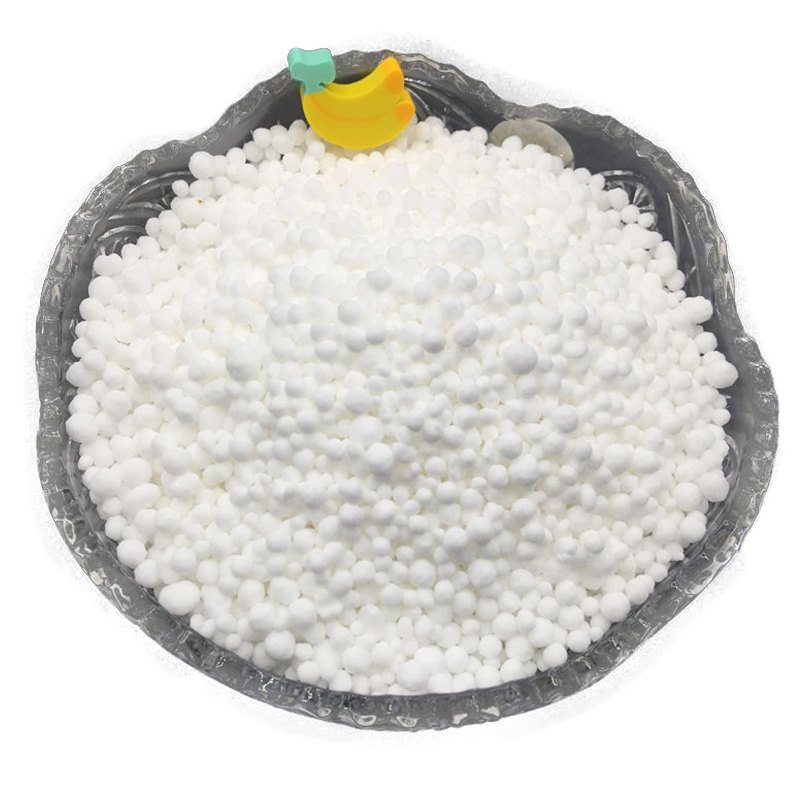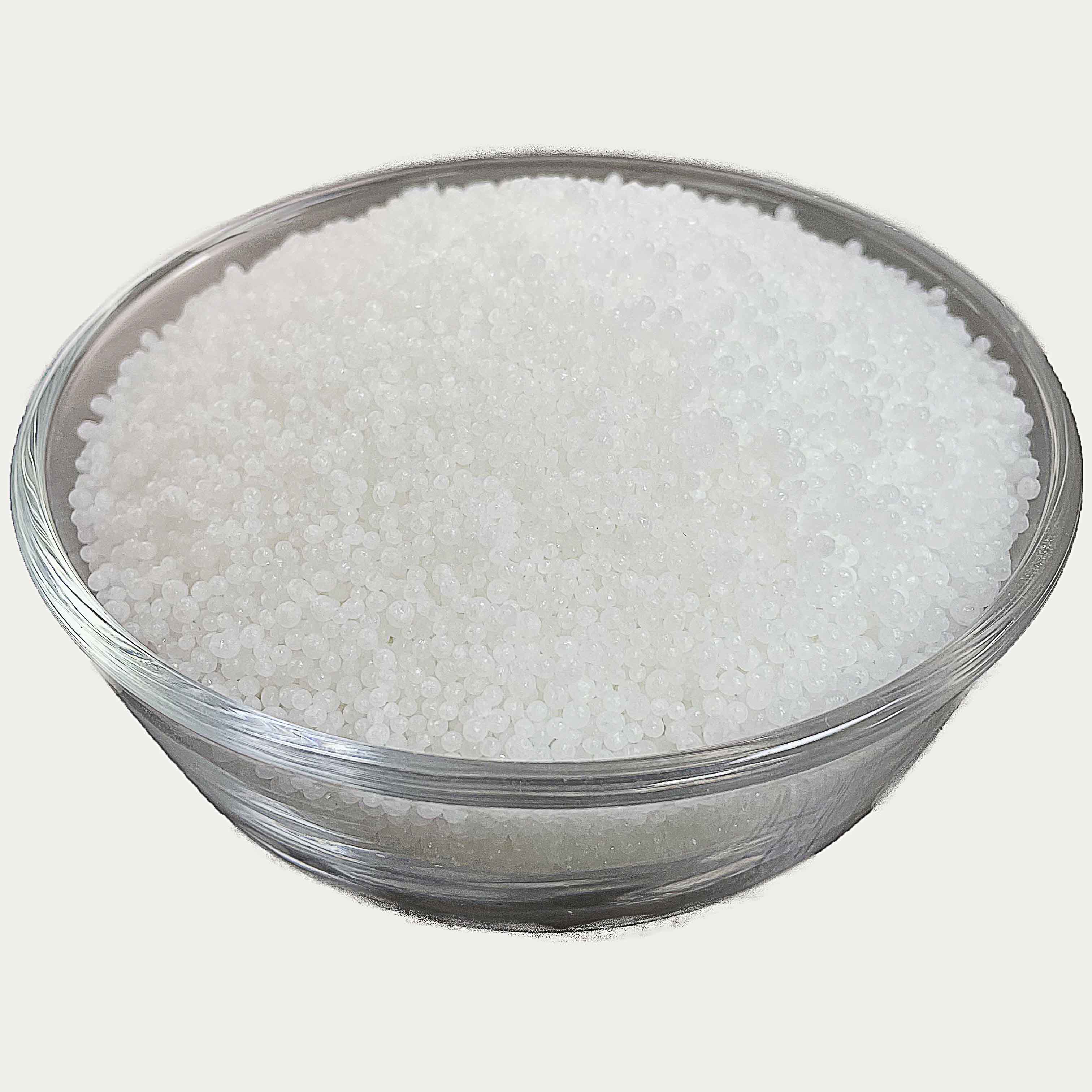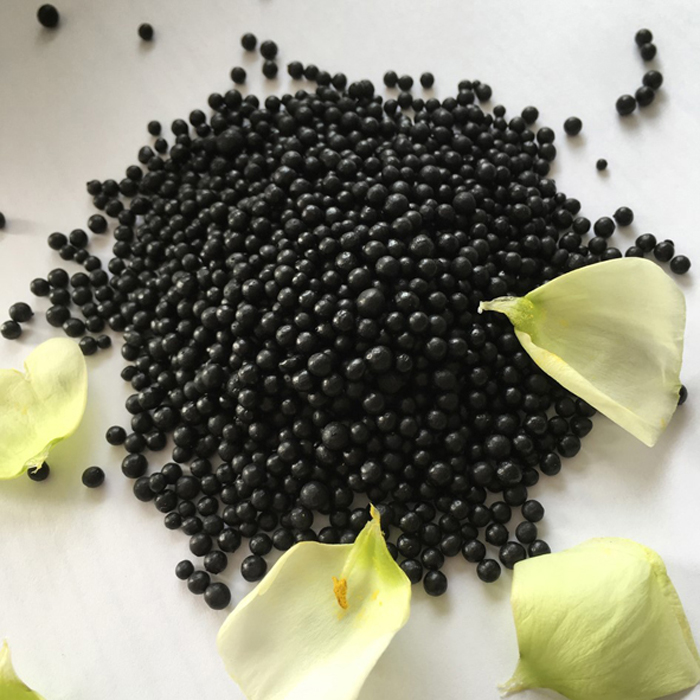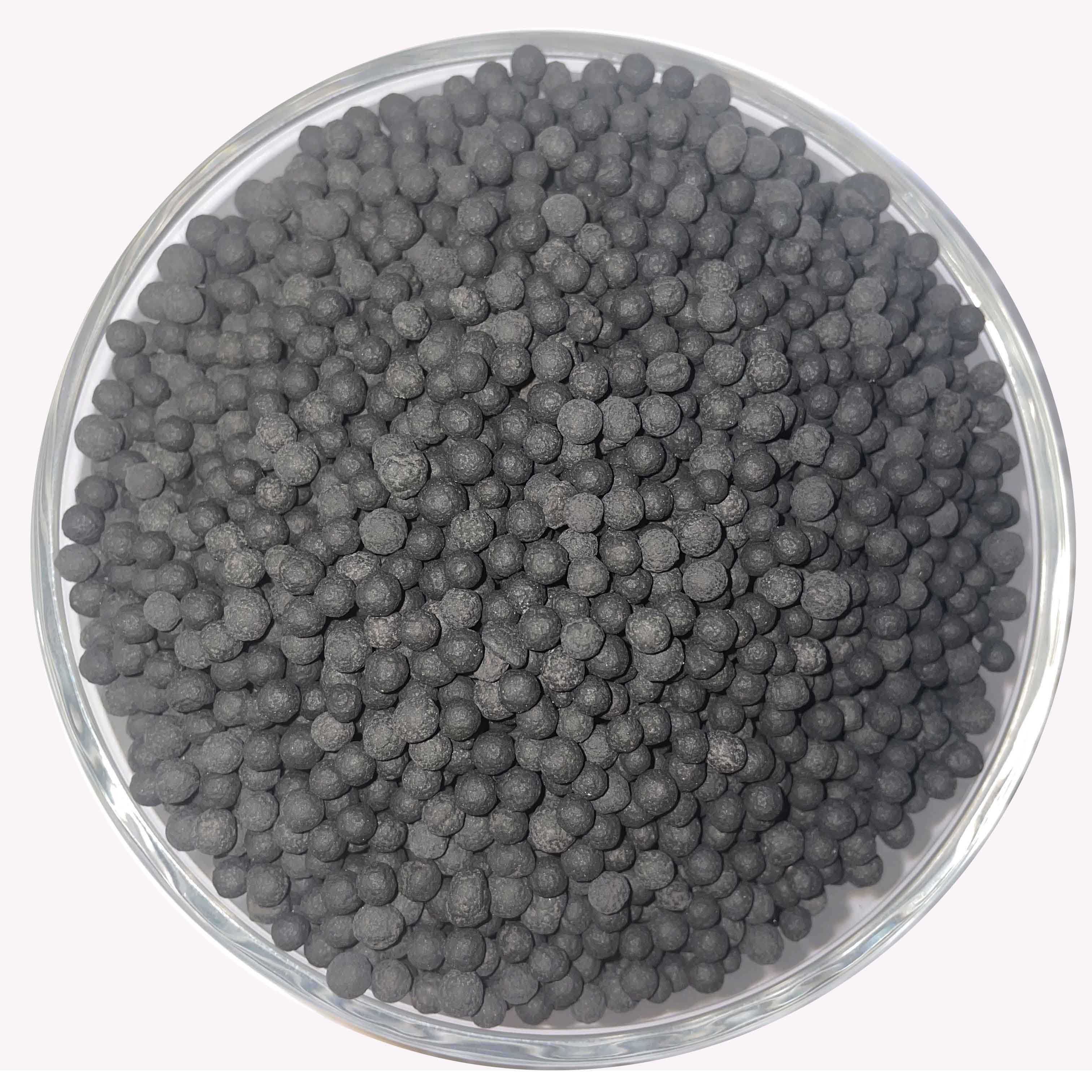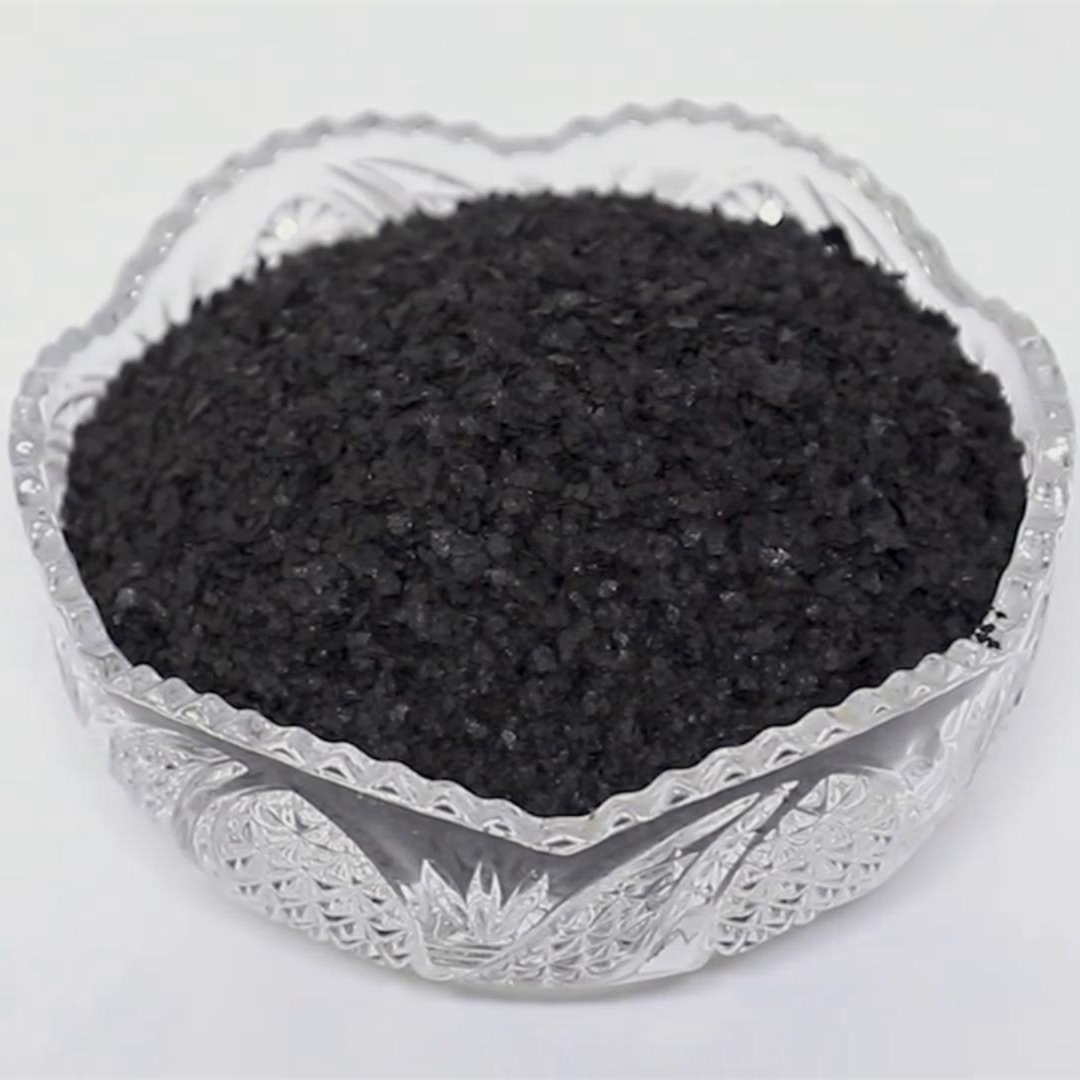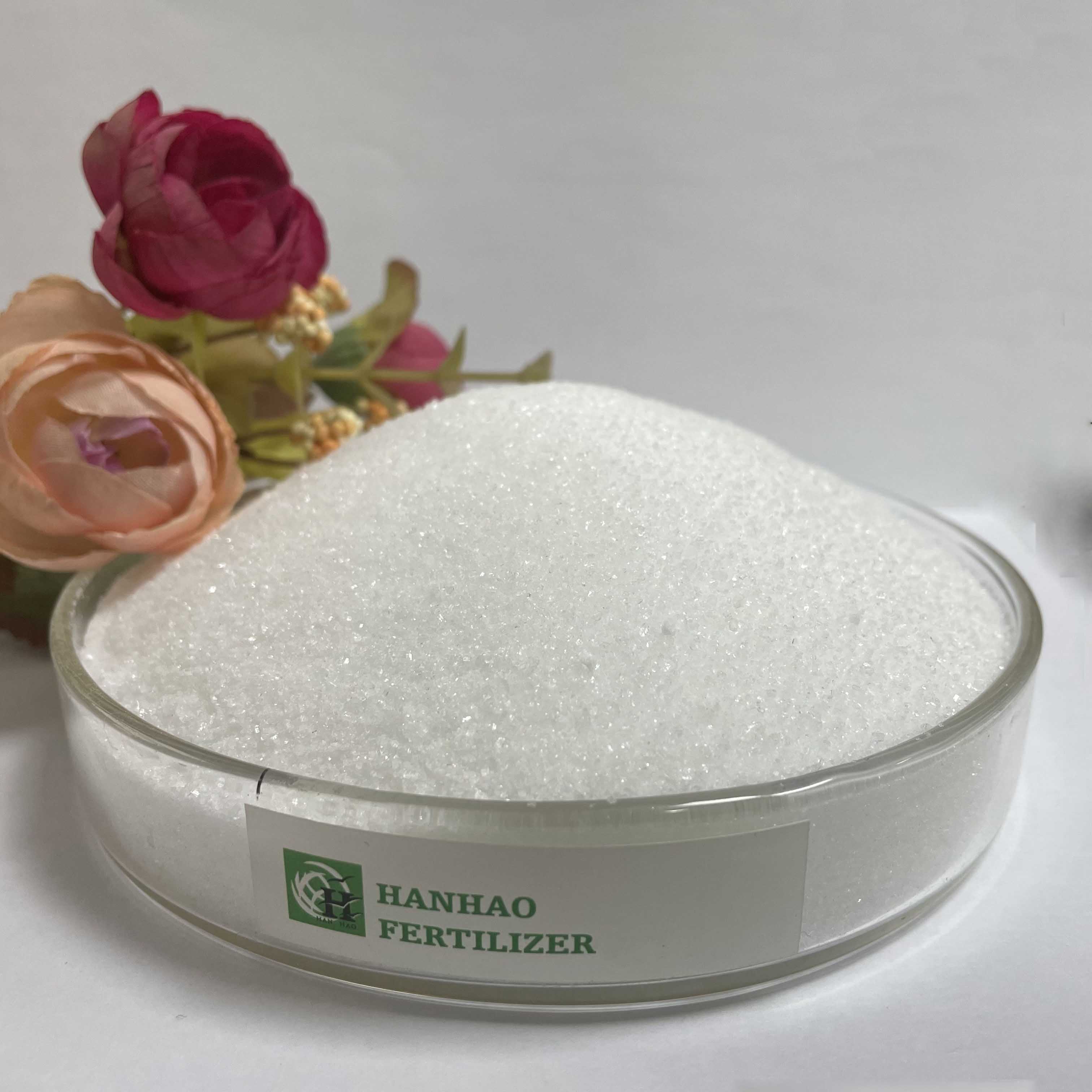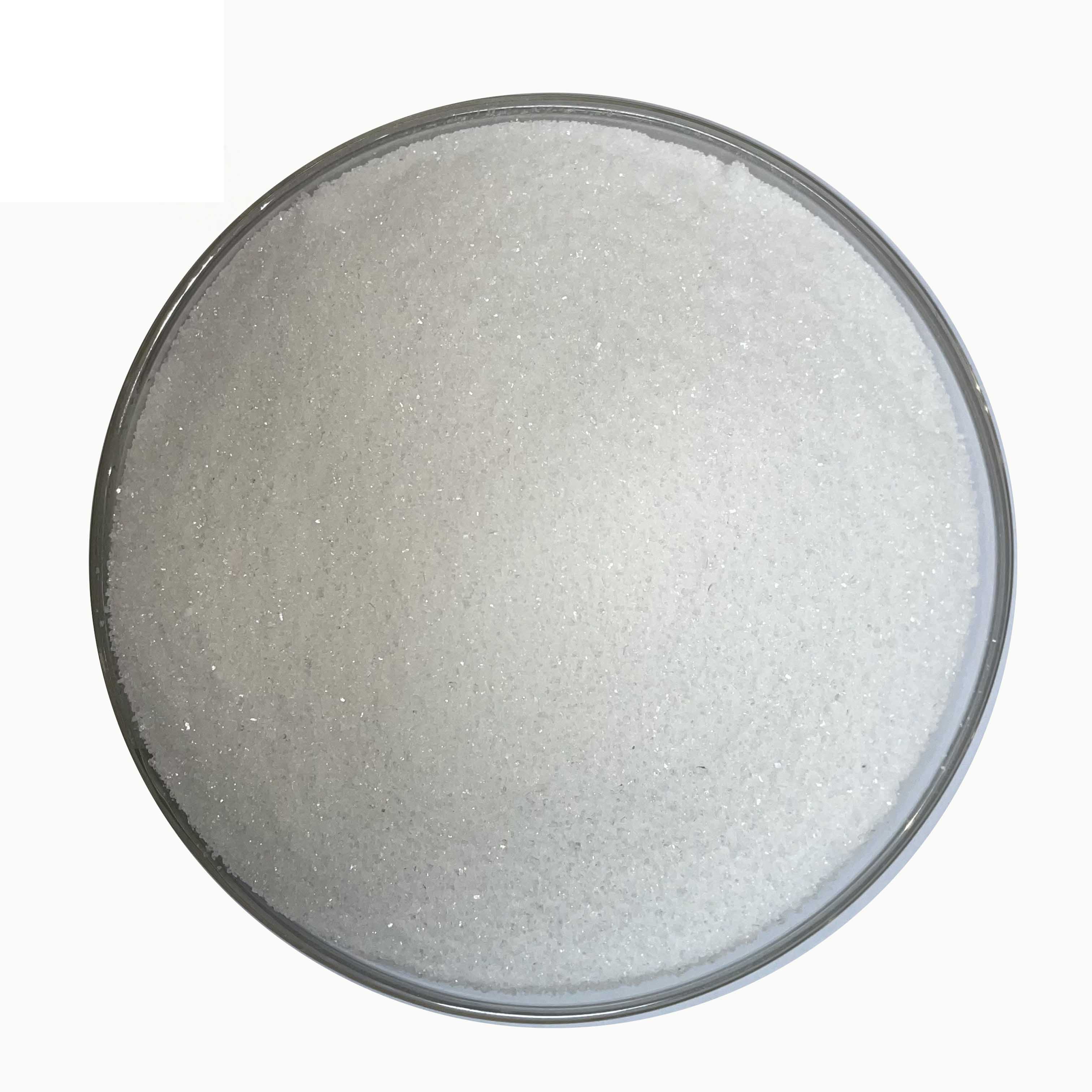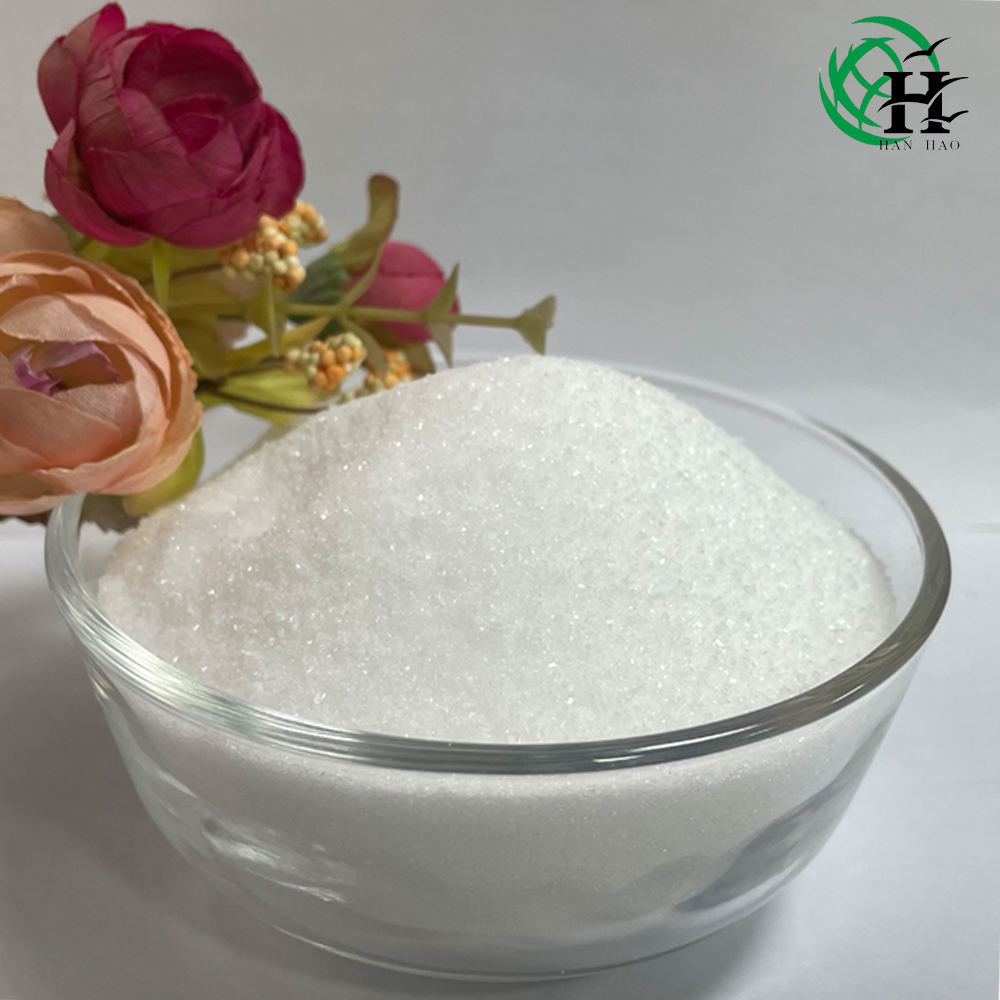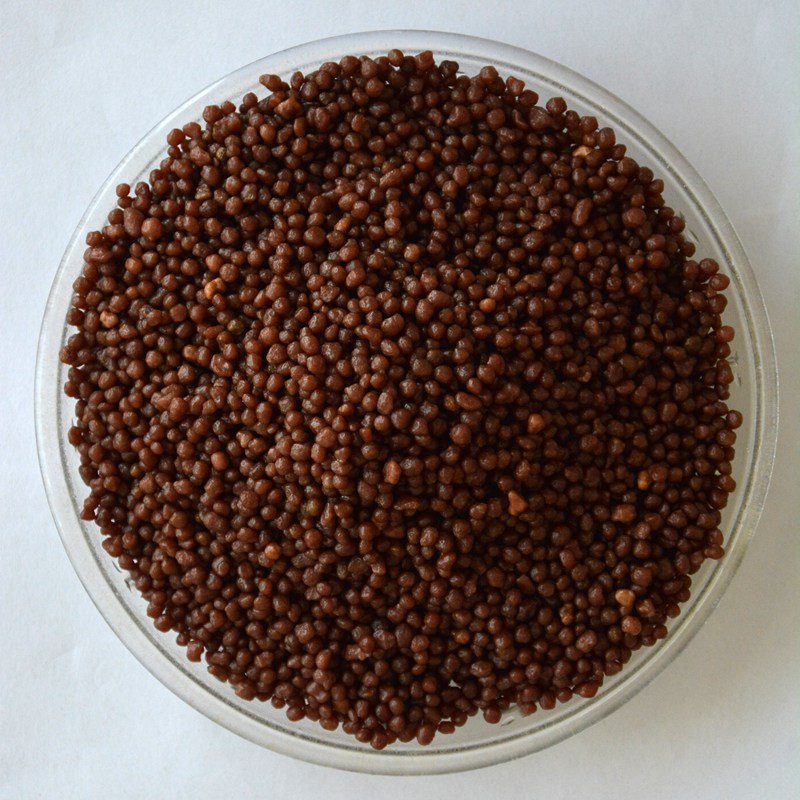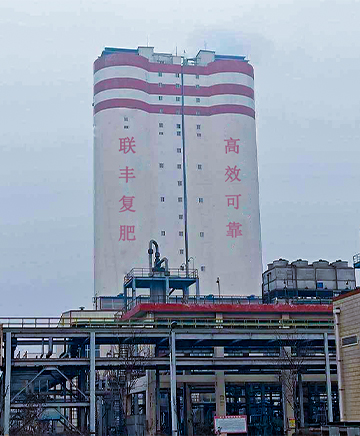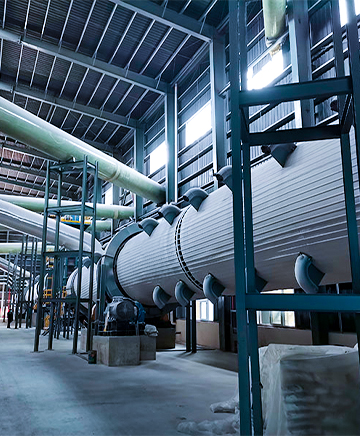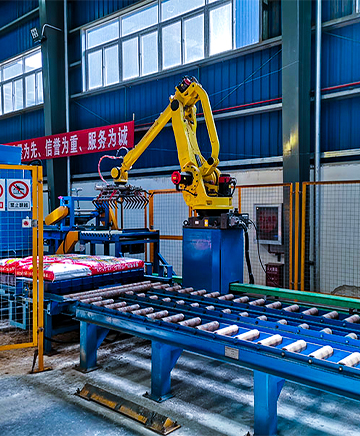we’ll ensure you
always get best
results.
contact usGO
HanHao implements the quality policy of "Customer is primacy, honesty is root, scientific management, quality and high efficiency". From the regular management of enterprise, we focus on our customers and work on the improvement of staff quality and development of the international market. We shall make great efforts to realize that "In conduct: sincere,cooperative and eager to learn; in work: meticulous, innovative and striving for excellence." We will always adhere to the honest and credible managing style, and remain the most reliable partner of customers..
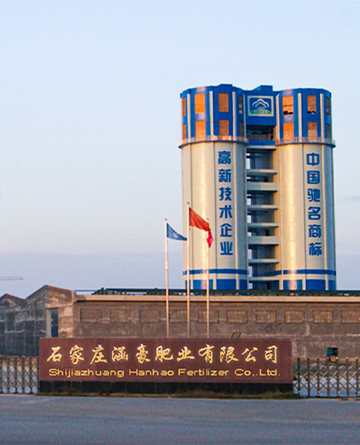
explore our main product
The total area of our factory is more than 70,000 square meters.We own three advanced automatic technique produce lines of NPK fertilizer,urea,BB fertilizer and one Multi-function test lab.The total investment is ¥150 million and annual production capacity is 600000MT.Our mainly products are NPK fertilizers,BB fertilizers,organic Fertilizers,Urea,Ammonium Sulphate,Potassium Humate,DAP,SOP etc.
we advice to choose
a right decision
- our products
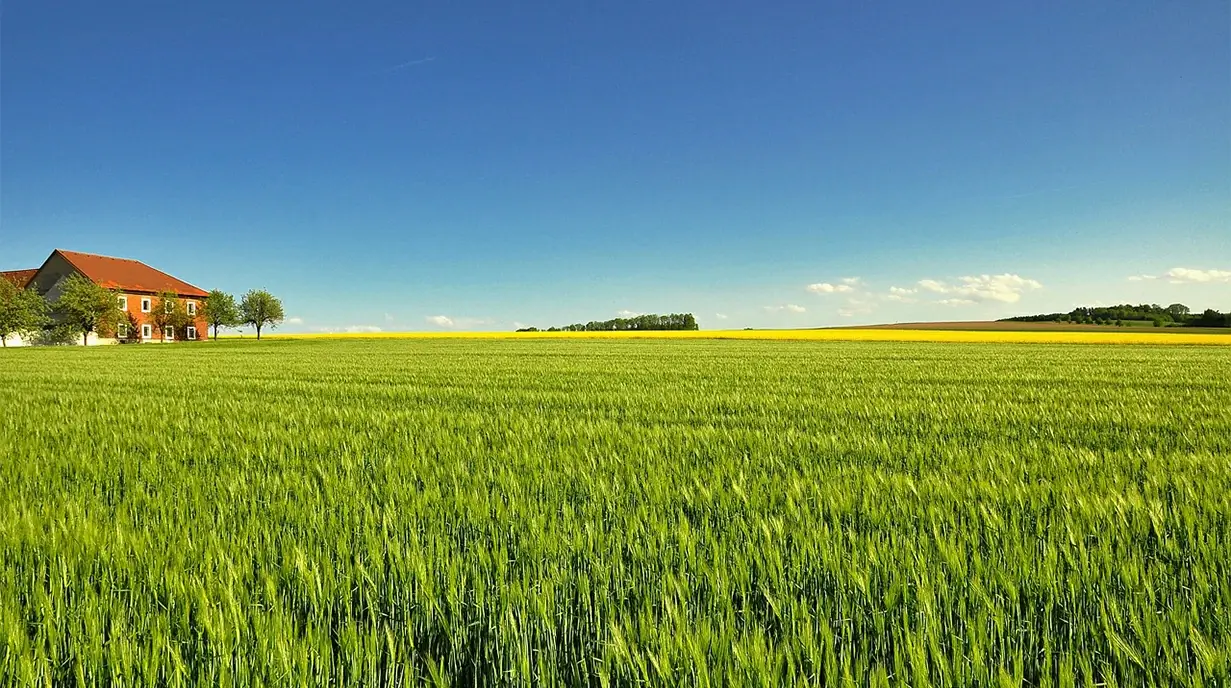
we’ll ensure you always get
best results.
-

1000 cooperative partner
-

302 Professional Staff
-

30 Years Of Experience
-

640 Suppliers
latest case studies
Inquiry for pricelist
Since its establishment, our factory has been developing first world class products with adhering the principle of quality first. Our products have gained excellent reputation in the industry and valuabletrusty among new and old customers..
submit nowlatest news & blogs
view more-
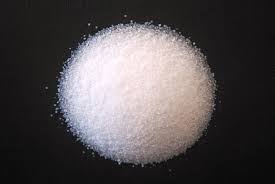
Benefits of Potassium for Corn Production
Potassium (K) is a macronutrient for corn because the plant takes up large amounts throughout the growing season. While K is not used by the plant as a building block for organic compounds, it functions as an activator for many enzymes and metabolic pathways, including those for photosynthesis and protein and starch formation in grain. Potassium plays a role in the flow of water, nutrients, and carbohydrates within the plant. It plays a role in the regulation of stomata closing and opening, thus impacting the exchange of water and gases. Additionally, K is key for cell wall strength and cellulose production. Good K fertility is associated with strong cell walls that enhance disease resistance and the ability of the crop to maintain firm, healthy stalks (Table 1).Read News -
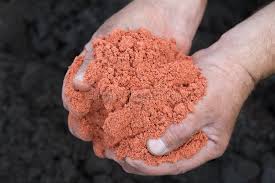
Potassium in our soil is running low, threatening global food security
Soils around the world are running low on potassium, a key nutrient needed for plants to grow. This ultimately means we may not be able to grow enough food for everyone.But it’s not too late: we have just published research identifying six things we must do to safeguard potassium supplies and food production.Read News -
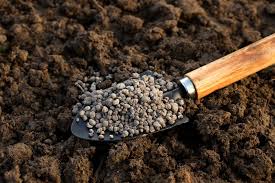
What are the effects of potash deficiency?
We write ‘effects of potash deficiency’ rather than ‘symptoms of deficiency’, because so many of the negative effects of a shortage of available potash to crops are not clearly apparent, whereas ‘symptoms’ implies some visible effect. Of course severe deficiency has visible symptoms (Figure 1), but there can be many expensive negative impacts on the crop well before clear symptoms are seen.Because most crops contain considerably more potassium than nitrogen or other nutrients, it might be expected that potassium deficiency would be the most commonly seen. However the majority of the potassium in crop tissues is supplied from the reserves in the soil, with relatively little coming from freshly applied fertiliser – in contrast to nitrogen or sulphur. Problems begin to arise when these soil potassium reserves are insufficient, usually as indicated by soil analysis results of K Index 0 or 1.Read News

